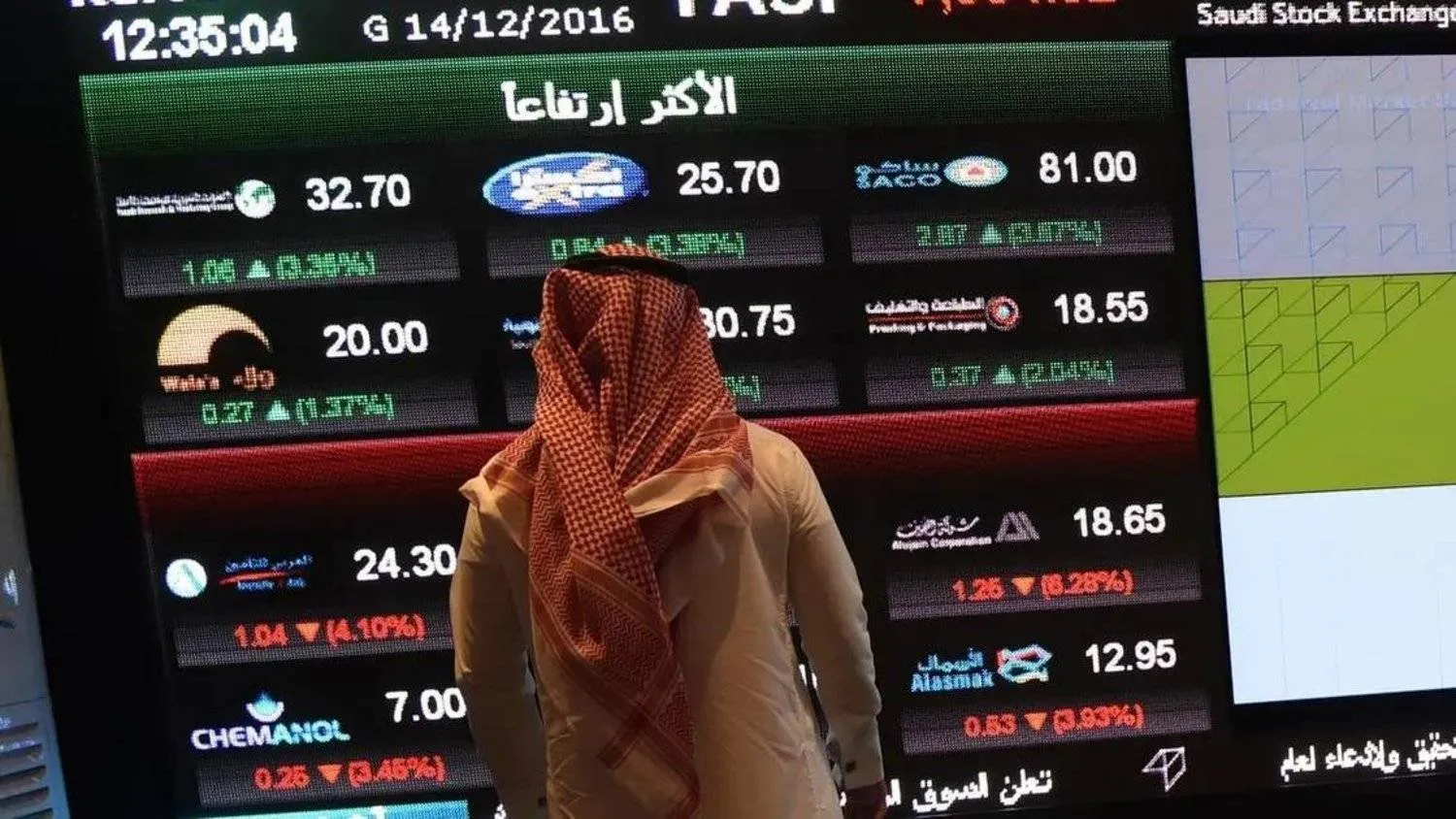Financial analysts connect the 8.2% increase in net profits for Saudi banks in the first quarter of 2024 to strong lending, higher demand for loans, and increased deposits.
They point out that rising interest rates in recent years have boosted bank profits, especially from long-term loans with fluctuating interest rates.
By the end of the first quarter of 2024, the top 10 Saudi banks listed on the Saudi stock market (Tadawul) saw their combined net profits rise by 8.2 percent, reaching about 18.65 billion Saudi riyals ($5 billion).
This marks an increase of approximately 1.41 billion Saudi riyals ($376 million) compared to the same period in 2023, when net profits totaled 17.24 billion Saudi riyals ($4.6 billion).
In their financial reports on the Saudi stock market, Al Ahli Bank, also known as the Saudi National Bank (SNB), grabbed about 27% of total bank profits.
Their profits saw a slight uptick of 0.36%, reaching SAR5.04 billion compared to SAR5.022 billion in the same quarter last year, with an increase of SAR 18 million.
Al-Rajhi Bank came in second, marking its highest quarterly profits since its inception at SAR4.41 billion, a 6.27% increase from the previous year’s SAR4.15 billion in the first quarter.
Riyad Bank secured third place with profits of SAR2.07 billion in the first quarter of 2024, up by 2.63% from the same period in 2023.
Moreover, Bank Aljazira recorded the most significant growth rate in the quarter, soaring over 47%, with profits hitting SAR300 million compared to last year’s SAR204 million in the same period.
Discussing the rise in net profits of Saudi banks, financial analyst Abdullah Al-Kathiri credited it to their early expansion in lending and financing during years of low interest rates.
Speaking to Asharq Al-Awsat, Al-Kathiri highlighted the banks’ focus on long-term loans and mortgages tied to variable rates, which brought in high profits.
He also noted a recent surge in deposits across all banks, leading to increased lending. Al-Kathiri mentioned that many banks have exceeded the regulatory limit of 90% of deposits, some even reaching 105%.
To manage this, some banks increased their capital and issued bonds.









